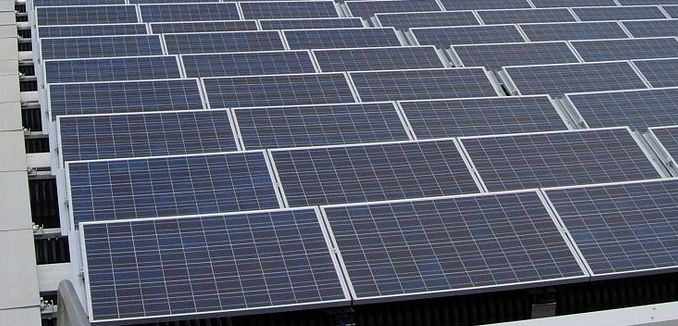A team of scientists from Israel, Singapore, and Switzerland has reported a major advance in the physics of perovskite solar cells – a new class of hybrid materials that is creating a revolution in solar energy technology.
Unlike most other solar devices, where efficiency worsens as temperature rises, the research team—including Profs. Jeffrey M. Gordon and Eugene A. Katz of the Jacob Blaustein Institutes for Desert Research and Alexandre Yersin of Ben-Gurion University of the Negev—produced high-performance cells whose efficiency surprisingly improved as the cells heated up.
The researchers used experiments that varied the intensity of light and cell temperature, helping to better understand the molecular mechanisms that allow these solar cells to discharge surprisingly high voltage while maintaining high current density and low internal resistance, which are essential for their superior performance.
“Perovskite” refers to a specific type of crystal structure, originally identified by the 19th century Russian mineralogist L.A. Perovski. Perovskite solar cells are far less expensive than those made by silicon, and are relatively easy to manufacture since they can be processed at temperatures 1000°C below what silicon requires.
The new study, which was recently published in Advanced Materials, suggests deploying perovskite solar cells under concentrated sunlight in order to realize even higher efficiency—one of the next tasks in their planned experimental studies.
In addition to the two Israeli scientists, the research team was comprised of Wei-Lin Leong and Zi-En Ooi, from Singapore’s Institute of Materials Research and Engineering; Dharani Sabba and Nripan Mathews from Singapore’s Nanyang Technological University; and Chenyi Yi, Shaik M. Zakeeruddin, and Michael Graetzel from the Ecole Polytechnique Fédérale de Lausanne in Switzerland.
[Photo: Solar Writer / WikiCommons ]




